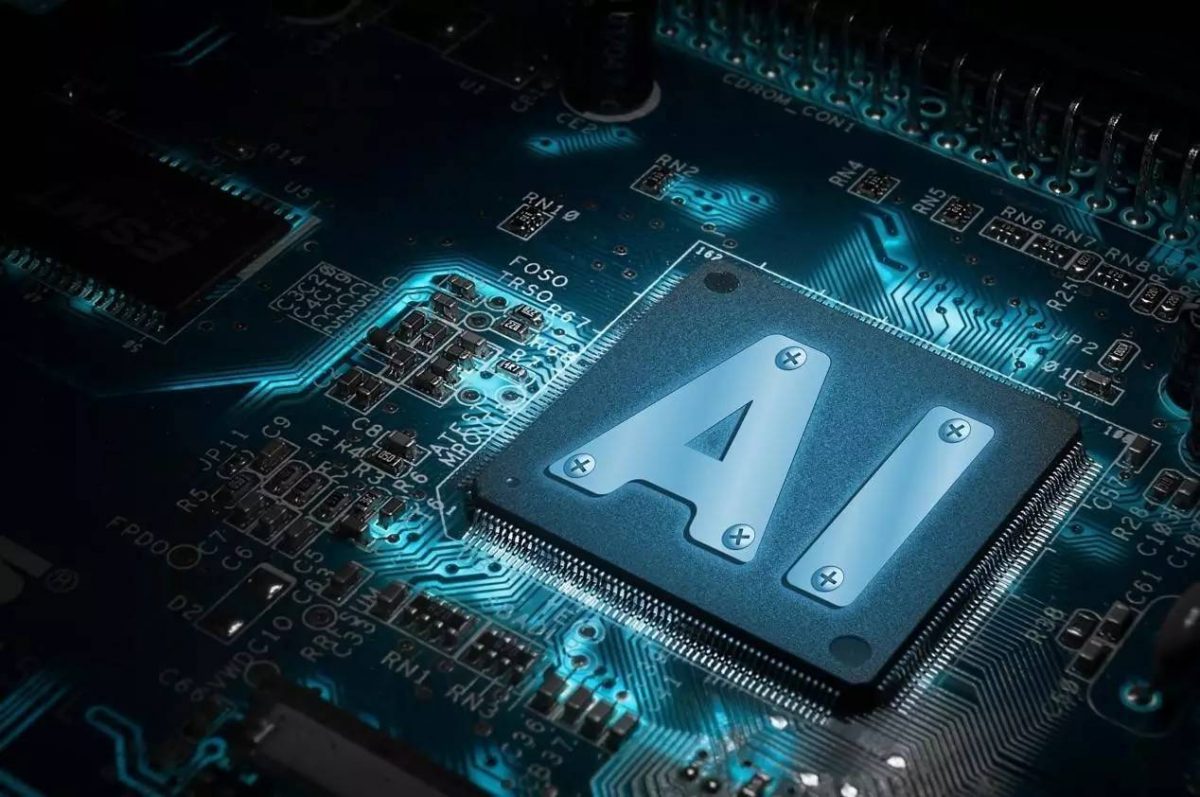先发英文原版,然后和网友们一起翻译。
Introduction to Artificial Intelligence
In this chapter, we are going to discuss the concept of Artificial Intelligence (AI) and how it’s applied in the real world. We spend a significant portion of our everyday life interacting with smart systems. It can be in the form of searching for something on the internet, Biometric face recognition, or converting spoken words to text. Artificial Intelligence is at the heart of all this and it’s becoming an important part of our modern lifestyle. All these system are complex real-world applications and Artificial Intelligence solves these problems with mathematics and algorithms. During the course of this book, we will learn the fundamental principles that are used to build such applications and then implement them as well. Our overarching goal is to enable you to take up new and challenging Artificial Intelligence problems that you might encounter in your everyday life.
By the end of this chapter, you will know:
- What is AI and why do we need to study it?
- Applications of AI
- Branches of AI
- Turing test
- Rational agents
- General Problem Solvers
- Building an intelligent agent
- Installing Python 3 on various operating systems
- Installing the necessary Python packages
What is Artificial Intelligence?
Artificial Intelligence (AI) is a way to make machines think and behave intelligently. These machines are controlled by software inside them, so AI has a lot to do with intelligent software programs that control these machines. It is a science of finding theories and methodologies that can help machines understand the world and accordingly react to situations in the same way that humans do.
If we look closely at how the field of AI has emerged over the last couple of decades, you will see that different researchers tend to focus on different concepts to define AI. In the modern world, AI is used across many verticals in many different forms. We want the machines to sense, reason, think, and act. We want our machines to be rational too.
AI is closely related to the study of human brain. Researchers believe that AI can be accomplished by understanding how the human brain works. By mimicking the way the human brain learns, thinks, and takes action, we can build a machine that can do the same. This can be used as a platform to develop intelligent systems that are capable of learning.
Why do we need to study AI?
AI has the ability to impact every aspect of our lives. The field of AI tries to understand patterns and behaviors of entities. With AI, we want to build smart systems and understand the concept of intelligence as well. The intelligent systems that we construct are very useful in understanding how an intelligent system like our brain goes about constructing another intelligent system.
Let’s take a look at how our brain processes information:

Compared to some other fields such as Mathematics or Physics that have been around for centuries, AI is relatively in its infancy. Over the last couple of decades, AI has produced some spectacular products such as self-driving cars and intelligent robots that can walk. Based on the direction in which we are heading, it’s pretty obvious that achieving intelligence will have a great impact on our lives in the coming years.
We can’t help but wonder how the human brain manages to do so much with such effortless ease. We can recognize objects, understand languages, learn new things, and perform many more sophisticated tasks with our brain. How does the human brain do this? When you try to do this with a machine, you will see that it falls way behind! For example, when we try to look for things such as extraterrestrial life or time travel, we don’t know if those things exist. The good thing about the holy grail of AI is that we know it exists. Our brain is the holy grail! It is a spectacular example of an intelligent system. All we have to do is to mimic its functionality to create an intelligent system that can do something similar, possibly even more.
Let’s see how raw data gets converted to wisdom through various levels of processing:

One of the main reasons we want to study AI is to automate many things. We live in a world where:
- We deal with huge and insurmountable amounts of data. The human brain can’t keep track of so much data.
- Data originates from multiple sources simultaneously. The data is unorganized and chaotic.
- Knowledge derived from this data has to be updated constantly because the data itself keeps changing.
- The sensing and actuation has to happen in real time with high precision.
Even though the human brain is great at analyzing things around us, it cannot keep up with the preceding conditions. Hence, we need to design and develop intelligent machines that can do this. We need AI systems that can:
- Handle large amounts of data in an efficient way. With the advent of Cloud Computing, we are now able to store huge amounts of data.
- Ingest data simultaneously from multiple sources without any lag.
- Index and organize data in a way that allows us to derive insights.
- Learn from new data and update constantly using the right learning algorithms.
- Think and respond to situations based on the conditions in real time.
AI techniques are actively being used to make existing machines smarter, so that they can execute faster and more efficiently.

